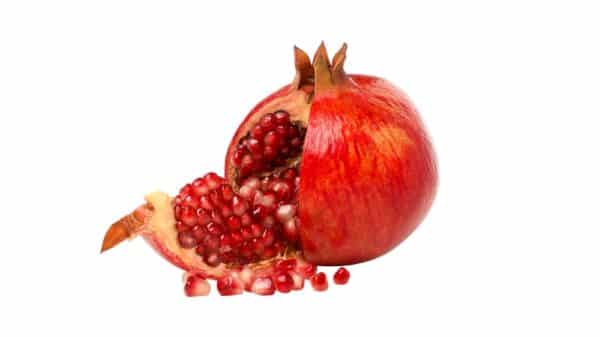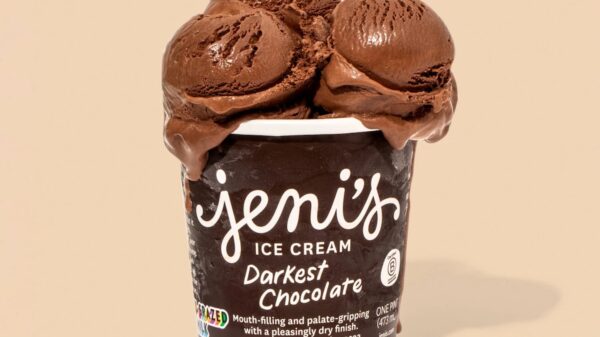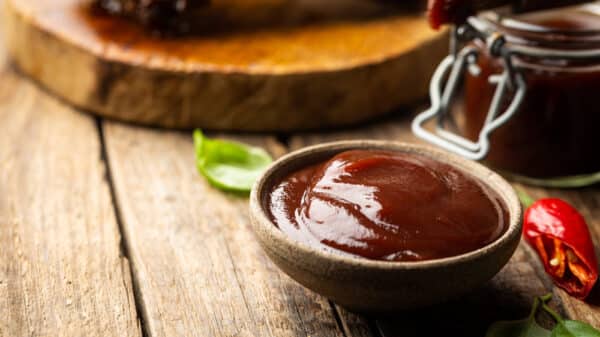Frozen vegetables have gained a reputation as a convenient yet nutritionally robust alternative to fresh produce. Surprisingly, they often retain comparable nutritional benefits to fresh vegetables, sometimes even surpassing them, especially when fresh vegetables are left sitting in the fridge too long. If you’re focusing on maintaining balanced blood sugar levels, it’s essential to choose the right frozen vegetables.
Why Choose Frozen?
Dietitians emphasize that frozen vegetables can not only be cost-effective and time-saving, but also play a role in blood sugar management. Annette Snyder, M.S., RD, points out that vegetables are usually low in carbohydrates, minimizing their impact on blood sugar. Subsequently, opting for options rich in fiber—at least 3 grams per serving—can assist in preventing overeating and supporting weight management.
However, it’s crucial to scrutinize packaging for added ingredients. As Lena Bakovic, M.S., RD warns, many frozen vegetable products may include extra sugars, fats, or sodium, which can diminish their nutritional value.
Vegetables to Keep on Hand
When stocking up on frozen vegetables, consider the following options, well-regarded by registered dietitians for their nutritional benefits and low glycemic impact.
Stir-Fry Blend
A convenient choice packed with variety, stir-fry blends often contain mushrooms, onions, bell peppers, and more. Lenora Vatamaniuck, RD suggests that these combinations typically feature lower carbs and higher fiber, making them ideal for quick meals. You can transform a simple bag into a hearty entrée by adding proteins like chicken or shrimp.
Cauliflower
Frozen cauliflower is a versatile gem. Available in florets or “riced” form, it can effectively replace traditional starchy rice, making it a smart choice for those monitoring carbohydrates. With just 5 grams of carbohydrates and 3 grams of fiber per cup, cauliflower rice is a win-win option. Try incorporating it into meals such as a Spinach & Artichoke Casserole.
Broccoli
Known for its distinct flavor and health benefits, broccoli is a crucial addition to the frozen vegetable aisle. Its fiber-rich content comes with sulforaphane, a compound linked to improved insulin sensitivity. Snyder points out that one cup of broccoli can provide a significant nutritional boost. Check out various recipes to maximize your enjoyment of this nutrient powerhouse.
Spinach
Spinach is another versatile vegetable that adds nutritional value without impacting the flavor of your dishes. A single cup of frozen spinach contains about 7 grams of carbohydrates and 4.5 grams of fiber. Whether blended into soups or baked into casseroles, spinach is an excellent choice, featured in dishes like a Slow-Cooker Spinach Artichoke Dip.
Kale
Often hailed for its rich nutrient profile, kale is a dark leafy green that the American Diabetes Association advocates for due to its low carbohydrate content. It contains less than 1 gram of carbs per cup, mostly from fiber. Incorporate kale in salads or smoothies for a refreshing nutrient boost.
Brussels Sprouts
While Brussels sprouts may divide opinions, their nutritional benefits are undeniable. They provide 6 grams of fiber per cup and are high in vitamin C. Experiment with methods such as roasting to enhance their flavor profile. If you’re looking to enjoy these nutritious vegetables, explore various cooking methods to transform them into a delightful dish.
Sweet Potatoes
Although sweet potatoes rank higher on the glycemic index compared to some other vegetables, Snyder highlights their significant fiber content, with about 3 grams per cup. They also contain magnesium, beneficial for glucose metabolism. Recipes featuring sweet potatoes often blend them with other vegetables to create delicious and nutritious meals.
Incorporating Frozen Vegetables into Your Diet
Frozen vegetables are a valuable staple, especially for those focused on blood sugar control. Ensure that you check ingredient labels—ideally, they should list only the vegetables. Experimenting with various types can lead to exciting meal opportunities while enhancing the health benefits you derive from your diet.
Conclusion
Incorporating frozen vegetables into your kitchen routine not only brings convenience but also allows for creative meal preparation using nutritional powerhouses. With the right selection and preparation methods, frozen vegetables can become a key ally in maintaining health and managing blood sugar levels. Expand your culinary horizons as you discover the myriad ways to enjoy these frozen wonders.
Image Source: Unsplash































